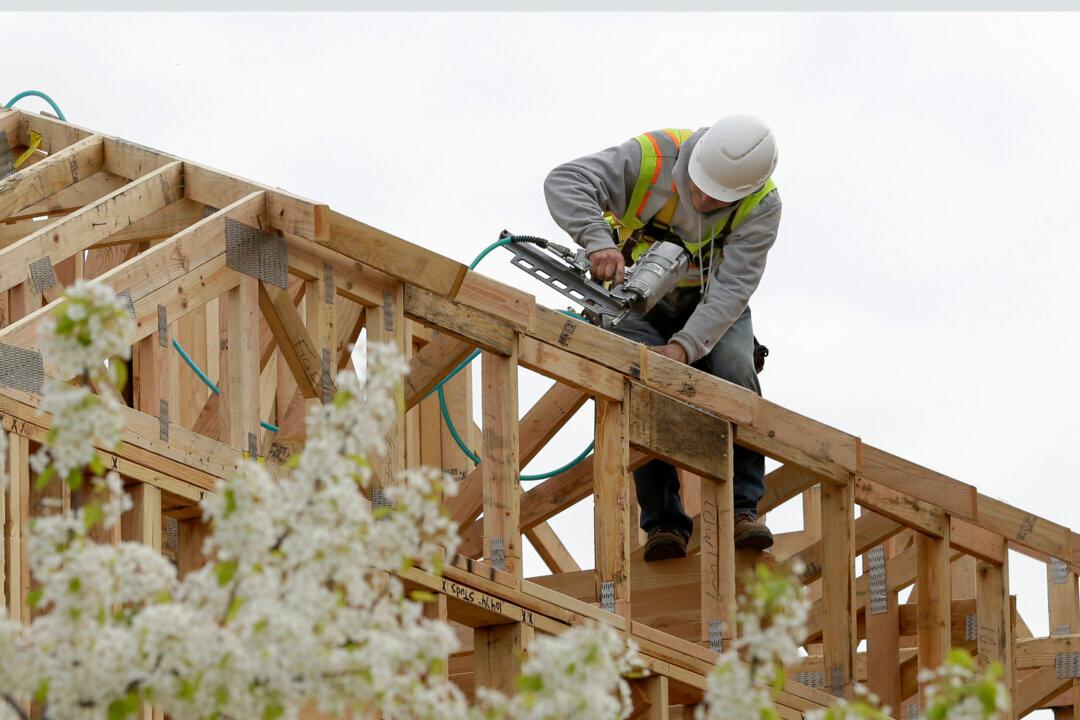As home insurance becomes more difficult and expensive to obtain in California, fewer housing developments are being built, according to experts.
“Today, we are still not building condominiums in most of the state because of this insurance crisis,” Dan Dunmoyer, president and CEO of the California Building Industry Association, told lawmakers during the Senate’s Insurance Committee’s hearing Jan. 24. “This is a real crisis, and it’s real for our consumers.”





